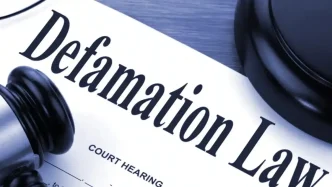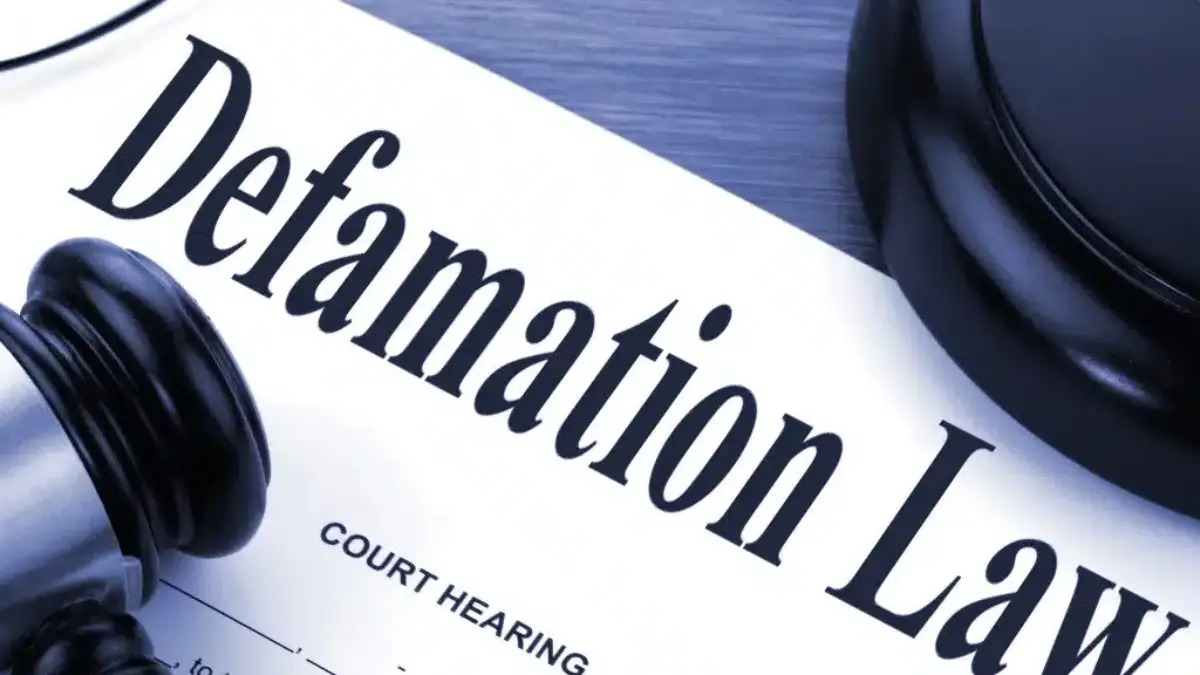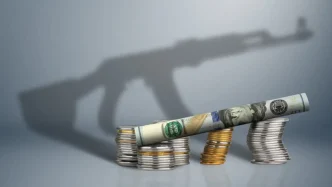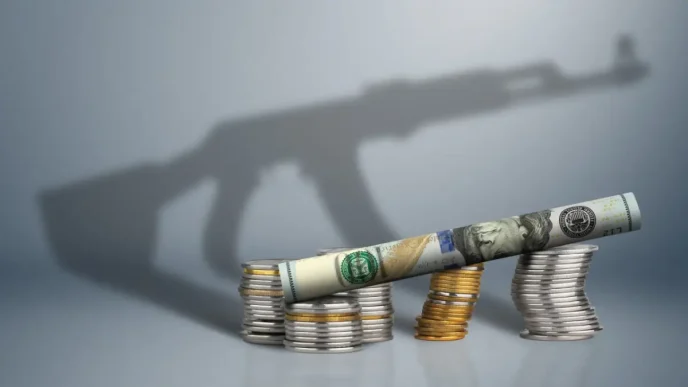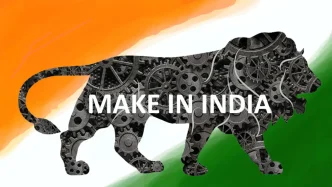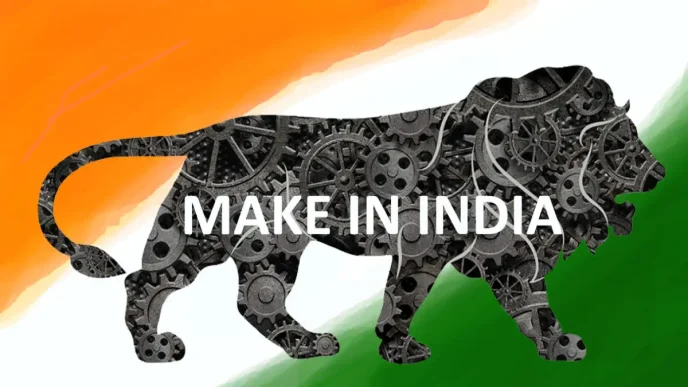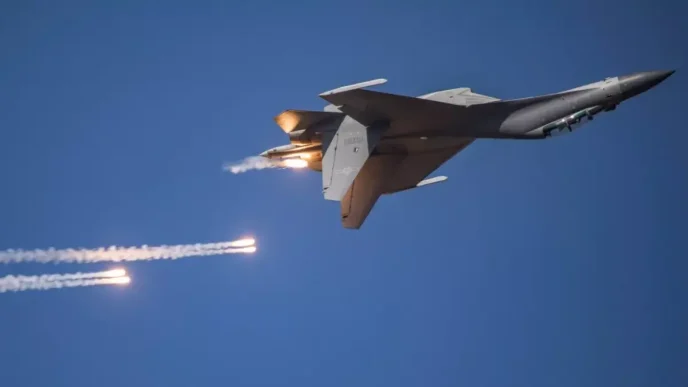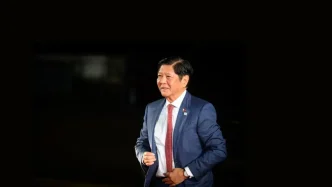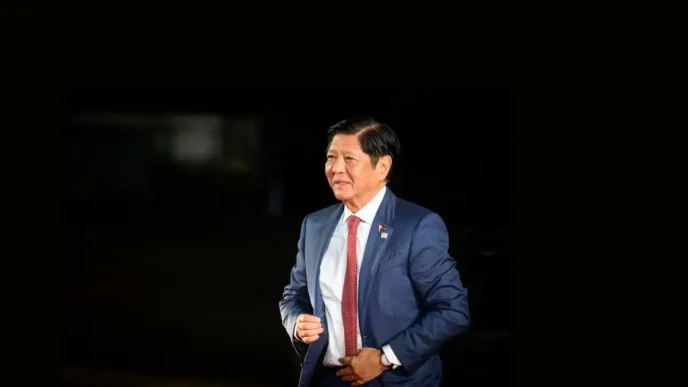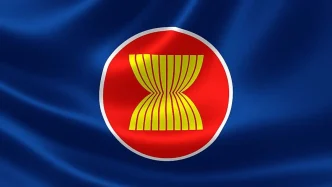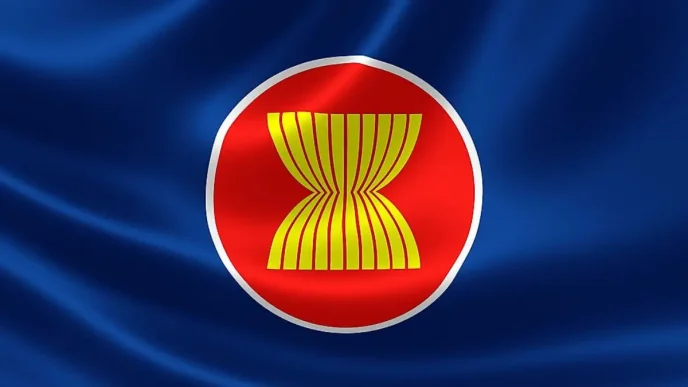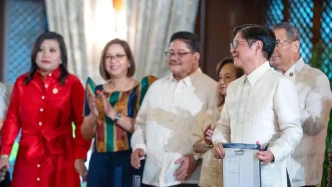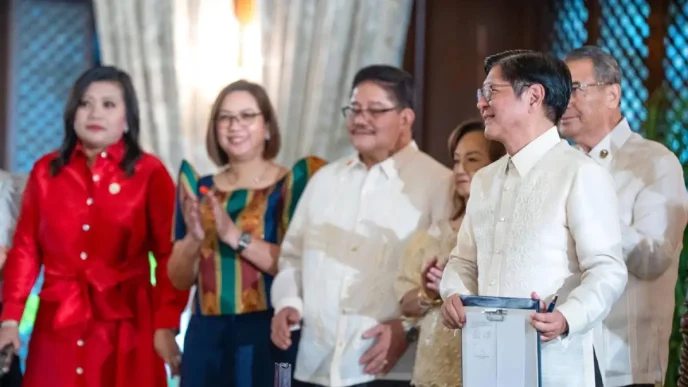Acting Prime Minister Phumtham Wechayachai has vowed to take legal action against critics and media outlets he accuses of distorting his statements about recent border conflicts with Cambodia. The controversy centers on remarks Phumtham made regarding rocket attacks that damaged hospitals along the Thai-Cambodian border, which some interpreted as siding with Cambodia. On Wednesday, the deputy prime minister and interior minister strongly denied these allegations, asserting that his words were taken out of context and warning of lawsuits to protect his reputation and prevent public mistrust.
A Misunderstood Statement on Border Violence
Phumtham’s comments, which sparked the uproar, were made in the context of ongoing tensions along the Thai-Cambodian border, where sporadic military clashes have led to civilian casualties and property damage. According to Phumtham, his statements were intended to clarify the nature of the attacks rather than to express support for Cambodia. He explained that Cambodian forces used BM-21 multiple-rocket launchers, which fire in multiple directions and are less precise, often missing military targets and hitting civilian areas such as hospitals. In contrast, he noted that Thai military responses were more accurately targeted at military sites, avoiding civilian harm.
“I affirm that it is not true I sided with Cambodia regarding the bombs that struck hospitals. My interview was edited. Please listen to the entire clip where I explained why the bombs hit the hospitals” Phumtham stated on Wednesday. He emphasized that his intention was to provide factual context about the weaponry and tactics involved, not to defend Cambodia’s actions.
The border region between Thailand and Cambodia has long been a flashpoint for conflict, with disputes over territory and military skirmishes dating back decades. Hospitals and other civilian infrastructure have frequently been caught in the crossfire, exacerbating humanitarian concerns. Phumtham’s attempt to explain the technical aspects of the attacks, however, appears to have been misconstrued by some as an apology for Cambodia’s military conduct, leading to sharp criticism from academics, media, and the public.
Threat of Legal Action Against Critics
In response to what he describes as deliberate misrepresentation, Phumtham has threatened to sue individuals and organizations responsible for spreading distorted versions of his remarks. He expressed frustration over the impact of such misinformation on public trust in the government, warning that selective reporting and edited clips could deepen societal divisions.
“Please do not distort my words to undermine the government or to create public mistrust. When people hear distorted information, they lose trust in the government and divisions occur” he said. Phumtham also singled out certain academics for particularly inflammatory comments, including suggestions that he should “cut off his own leg” to empathize with victims of Cambodian landmines—a statement he deemed irresponsible and damaging.
“Normally, I do not like to sue anyone, but this time I will have to” Phumtham declared. “Do not speak irresponsibly, and do not say things that create rifts or damage others.” He further cautioned the media against publishing incomplete or out-of-context excerpts of his statements, threatening to cease public appearances if such practices continue. “I will have my lawyer sue all those who have distorted my words. I have the complete clips of my interviews as evidence” he added.
Political Implications in a Tense Climate
Phumtham’s stern reaction underscores the high stakes of political discourse in Thailand, where border issues with Cambodia remain a deeply sensitive topic. The Thai-Cambodian border dispute, particularly over areas like the Preah Vihear temple, has historically fueled nationalist sentiments on both sides. Any perception of leniency or sympathy toward Cambodia can quickly become a political liability for Thai leaders, especially in a country where military and territorial integrity are central to national identity.
As acting prime minister, Phumtham is navigating a delicate balance. His role requires him to address security concerns while maintaining diplomatic relations with neighboring countries. Thailand and Cambodia have made efforts in recent years to de-escalate tensions through bilateral talks and joint border committees, but incidents like the recent rocket attacks threaten to undo progress. Phumtham’s explanations of the attacks may have been intended to reduce public alarm by highlighting the unintended nature of civilian casualties, but the backlash suggests that such nuances are easily lost in a polarized political environment.
Political analysts in Bangkok suggest that Phumtham’s legal threats could have a chilling effect on public criticism and media reporting. While defamation laws in Thailand are notoriously strict, often used to silence dissent, Phumtham’s invocation of lawsuits signals a personal resolve to protect his image. However, this approach risks alienating segments of the population already skeptical of government narratives, particularly in border regions where residents bear the brunt of conflict-related hardships.
Media and Public Trust at Stake
The controversy also raises broader questions about the role of media in shaping public perception during times of crisis. Phumtham’s accusation that his interviews were edited to misrepresent his stance points to a growing distrust between Thai authorities and the press. His warning that he might stop speaking publicly if selective reporting persists reflects a frustration shared by many officials who feel their words are weaponized in the court of public opinion.
In Thailand, where media outlets often face pressure to align with government or military interests, the line between factual reporting and editorial bias can be blurry. The rise of social media has further complicated the landscape, allowing snippets of interviews or out-of-context quotes to spread rapidly, often amplifying misunderstandings. Phumtham’s insistence on referring to complete clips as evidence suggests an awareness of this dynamic, but it remains unclear whether legal action will address the root causes of misinformation or simply intensify existing tensions.
For residents near the border, the debate over Phumtham’s remarks is secondary to the immediate realities of violence and displacement. Hospitals damaged by rocket fire are not merely talking points but critical lifelines for communities already grappling with limited access to healthcare. While Phumtham’s focus on legal recourse may aim to restore his credibility, it does little to address the underlying grievances of those most affected by the conflict.
Regional Context and Diplomatic Challenges
The Thai-Cambodian border conflict is emblematic of broader regional challenges in Southeast Asia, where historical grievances and territorial disputes often intersect with domestic politics. Thailand’s relations with Cambodia have been strained by past military confrontations, and even minor incidents can reignite old animosities. Phumtham’s remarks, whether misinterpreted or not, highlight the difficulty of discussing such issues without inflaming nationalist rhetoric on either side.
Within the Association of Southeast Asian Nations (ASEAN), member states are expected to resolve disputes peacefully, often through dialogue rather than confrontation. Thailand and Cambodia have previously sought mediation through ASEAN channels, but progress has been slow. Phumtham’s current predicament illustrates how domestic political pressures can complicate regional diplomacy, as leaders must cater to internal audiences while avoiding escalation with neighbors.
As the situation unfolds, Phumtham’s legal threats may set a precedent for how Thai officials handle criticism on sensitive issues. If lawsuits materialize, they could test the boundaries of free expression in Thailand, particularly under laws that critics argue are overly broad and prone to abuse. For now, the acting prime minister appears determined to defend his narrative, even as the border conflict continues to demand urgent attention.
As Phumtham prepares to take legal steps, the question remains whether such actions will clarify his position or further polarize an already divided public. With tensions along the border showing no signs of abating, the path forward for both Thailand and Cambodia remains fraught with uncertainty.
Extra care was taken when sourcing quotes for this article
